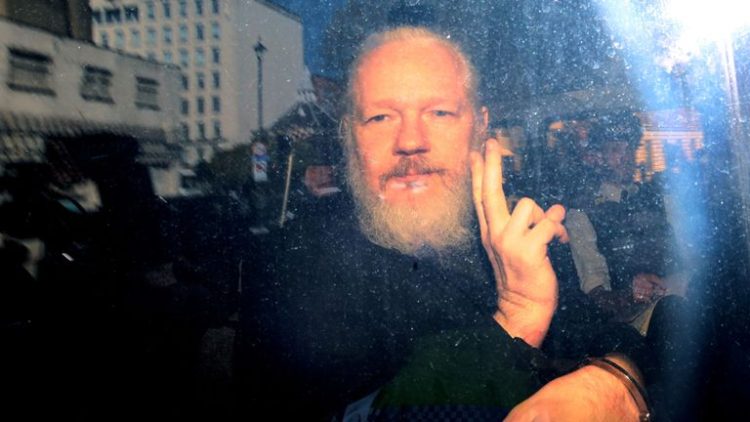By Gabriel Princewill –
The U.S Justice Department indictment of WikiLeaks founder Julian Assange with 17 new charges, does not hinder free expression. The first charge relating to receiving and unlawfully publishing the names of classified sources all under the bracket of being ‘stolen from another’ articulates the offence clearly.
Althouggh Assange is already the subject of an indictment for illegally attempting to obtain a password to obtain classified material . He is further indicted under the espionage Act for publishing classified military and diplomatic documents in 2010, all stolen from another
The application of the amendment in its own wordings pertains to the fact the material published was stolen material, and the material was classified. The prosecution’s emphasis on the stolen material accentuates the transgression, thereby invalidating any press freedom normally associated with free expression. The corrupt process is deemed to have contaminated the whole publication.
This legal reasoning rings true when viewed from the standpoint of examining the legality or illegality of an activity. An activity that would on its own be legal, becomes contaminated once it was obtained by illegal means. The catch 22 appears to be when the seeming damage to the potential benefits of releasing factual information in the public domain satisfies the right to know, when obtained through legally objectionable means, the corrupt process inevitably corrupts everything.
Critics who perceive the indictment against Assange to amount to an attack against the right to free speech, should remember the saying, ‘the end does not justify the means. As purposeful and defensible as the right to freedom of expression might appear, every right in the Human Rights Act is bound by limitations in relations to other rights. Stealing material from others to publish, tarnishes the integrity of the material published because of the criminal background of theft attached to it.
FORCED
Assange can legally be forced to stand trial for publishing classified material which was stolen. Freedom of expression will be difficult to defend in the face of brilliant prosecutors. The upshot of a successful prosecution against Assange could be a precedent that confirms the publication of stolen classified material as an indictable offence. It is worth noting that the fact an international press published a lot of that material does not insulate him from blame.
If Britain perceives an indictment against Assange to be an attack on press freedoms, the British government may refuse to extradite him to the U.S if they conclude the indictment is political. That scenario is unlikely because of the clarity of the offence allegedly committed, which is the theft and publication of classified information.

